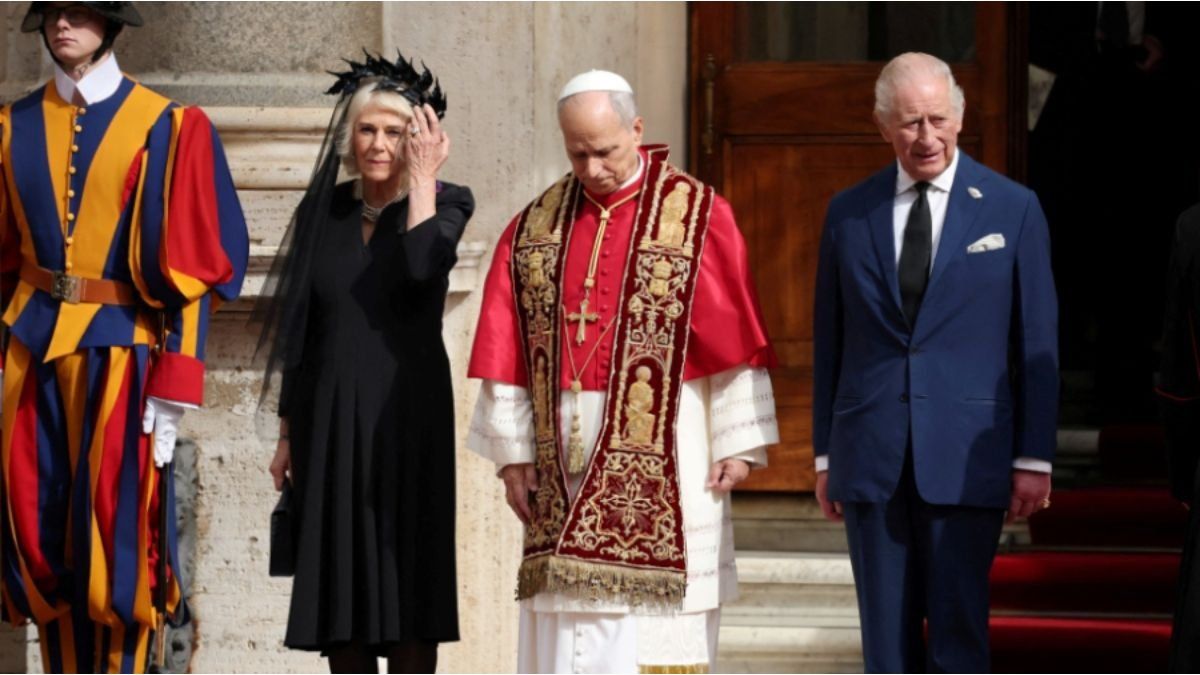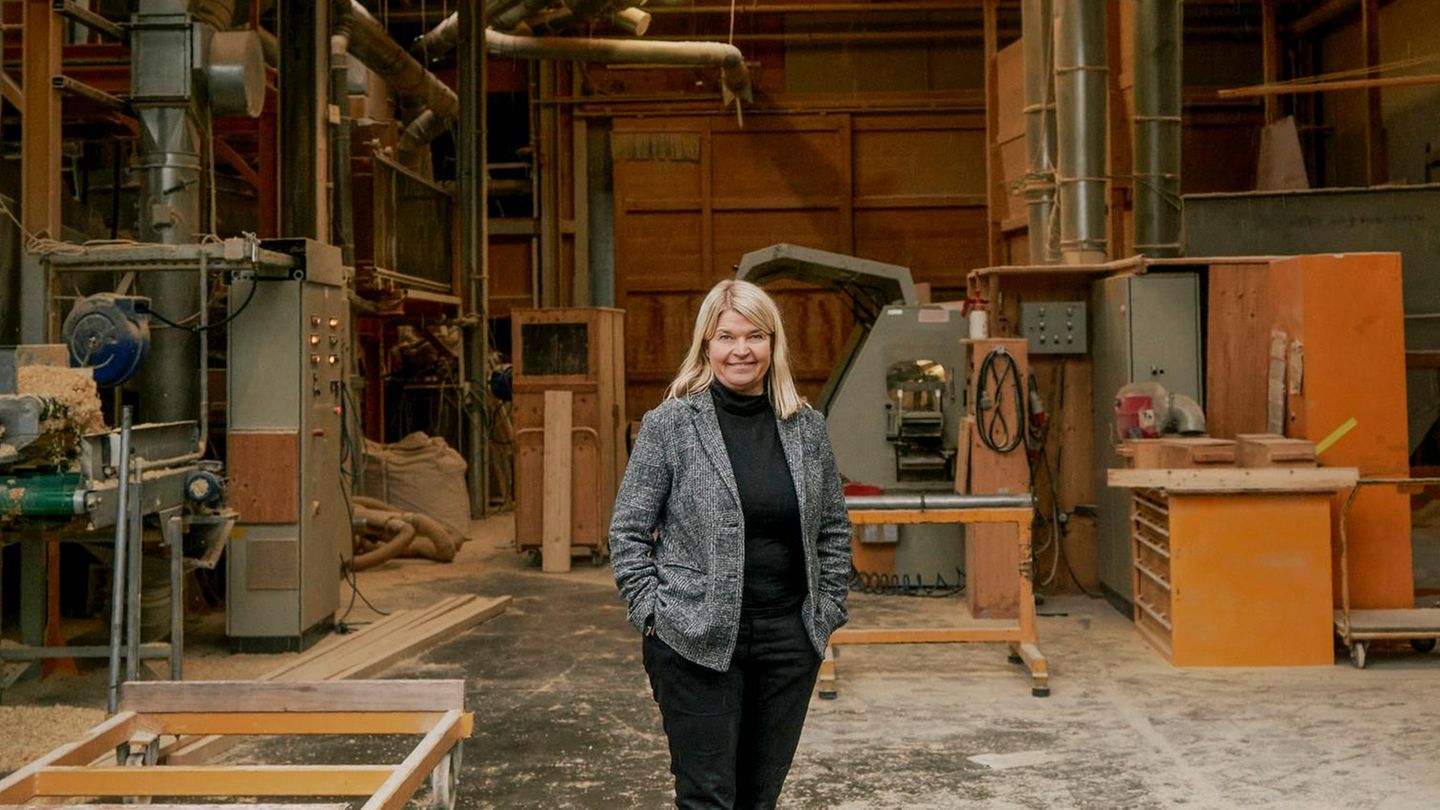Menu
Why business is going well at prefabricated house manufacturer Baufritz
Categories
Most Read
the tricks to avoid spending more
October 23, 2025
No Comments
ECLAC cut the growth forecast for Argentina in 2025, which left the podium in the region
October 23, 2025
No Comments
Do you buy at fairs? Take advantage of an exclusive DNI Account benefit to save on your expenses for October 2025
October 23, 2025
No Comments
Scott Bessent, IMF, multilaterals and the challenge of thinking about a containment protocol for the day after
October 23, 2025
No Comments
Lawsuit from environmentalists: Paris court condemns Totalenergies for greenwashing
October 23, 2025
No Comments
Latest Posts

Oil had its biggest daily rise in four months after new US sanctions on Russian companies
October 23, 2025
No Comments
October 23, 2025 – 17:50 The US government sanctioned the two largest oil companies in the Eurasian country to force a ceasefire in Ukraine. Reuters

Taylor Swift and Pink: Will they be in the Songwriters Hall of Fame?
October 23, 2025
No Comments
Lisa HarrisI am an author and journalist who has worked in the entertainment industry for over a decade. I currently work as a news editor

King Charles III prayed with Pope Leo XIV, a historic event in 500 years
October 23, 2025
No Comments
October 23, 2025 – 17:30 The two prayed in the Sistine Chapel, marking a milestone in relations between the Church of England and the Vatican.
24 Hours Worlds is a comprehensive source of instant world current affairs, offering up-to-the-minute coverage of breaking news and events from around the globe. With a team of experienced journalists and experts on hand 24/7.

